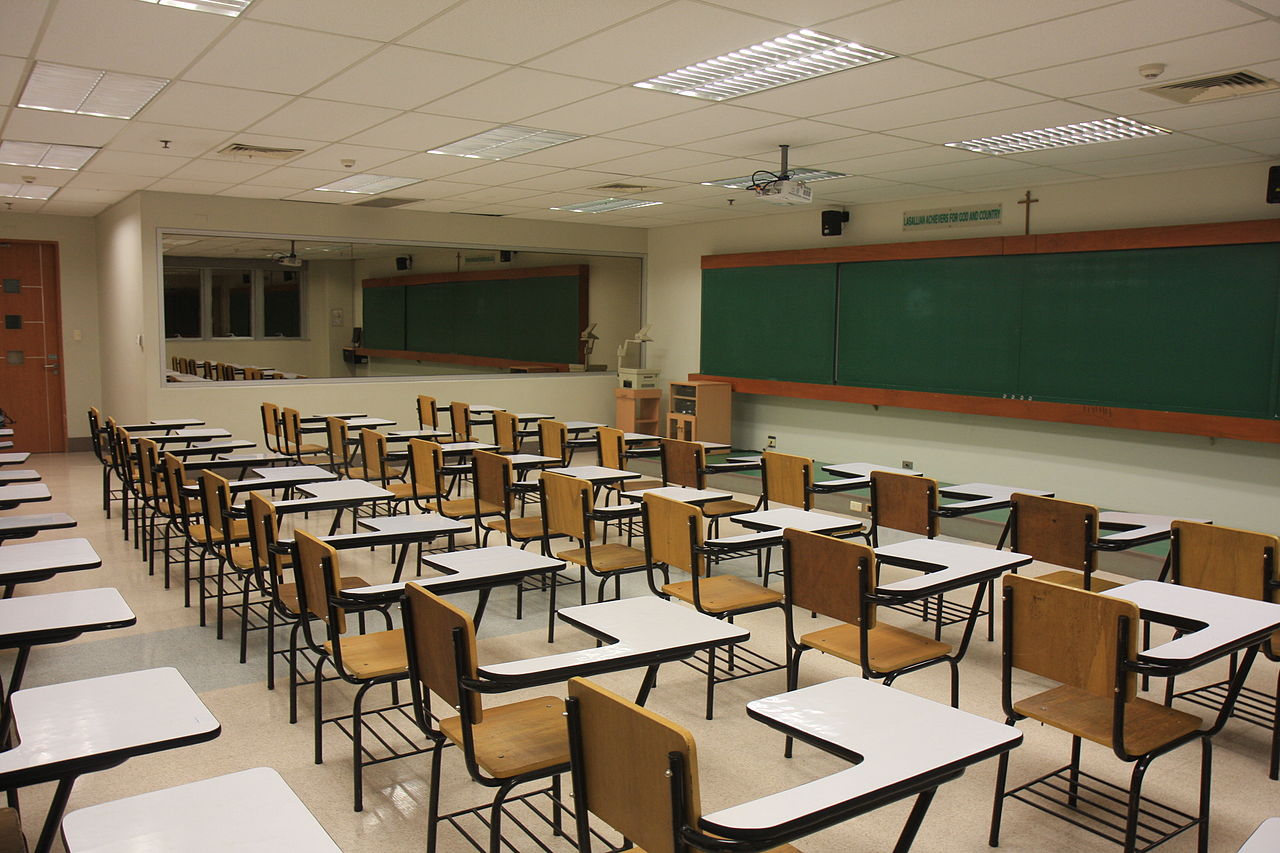
How Students Helped Spur $40 million in Federal Investments in Mental Health Across Kentucky
Abigail Swisher, Rural Impact Fellow at FAS, served in the Office of Elementary and Secondary Education. This post was originally published at HomeRoom, the official blog of the U.S. Department of Education.
Sam Smith – then a student at Daviess County High School in Owensboro, Kentucky – saw that his classmates were struggling in the wake of the pandemic, so when Kentucky Lieutenant Governor Jacqueline Coleman asked if Sam and his peers on the Commissioner’s Youth Advisory Council would help to lead an initiative on youth mental health, he jumped at the chance.
“From my time as a high school teacher, and in my role as Lt. Governor, I knew we had a mental health crisis in our classrooms,” said Lt. Governor Coleman. “But I only heard adults talking to other adults about student mental health so I decided to change that, and in the fall of 2021, the Team Kentucky Student Mental Health Initiative was born.”
The Team Kentucky Student Mental Health Initiative: Listening to Students’ Mental Health Needs
In 2021, the Team Kentucky Student Mental Health Initiative began with a series of statewide listening tours, where Kentucky students discussed weathering the mental health challenges of the pandemic and how policymakers could support mental health in schools moving forward.
During ten regional action summits across rural, urban, and suburban Kentucky communities, Sam and his fellow student leaders designed discussion protocols, captured and analyzed feedback, wrote comprehensive recommendations for policymakers and facilitated conversations with nearly 400 students.
Again and again, students said that they needed more mental health care in schools for both themselves and their teachers. In rural schools, where there tend to be fewer mental health staff relative to students, access was a particular concern.
The West Kentucky Educational Cooperative: Using Federal Funds to Help Rural Students Recover
Flash forward to 2024, and the results of those listening sessions have spurred $40 million in new federal investments school-based mental health staff across Kentucky communities.
Using data from those listening sessions, five of the state’s educational cooperatives (representing groups of districts) and several individual districts successfully submitted applications to the U.S. Department of Education’s Mental Health Service Professional Demonstration Grant & School-Based Mental Health Services Grant Program for five-year grants.
One of the recipients was West Kentucky Educational Cooperative, which represents 26 mostly rural districts. Students were just starting to recover from the pandemic when deadly tornadoes ripped across the region, costing students their homes and loved ones, and damaging several schools. In the aftermath, chronic absenteeism skyrocketed, and schools have since been hard-pressed to recruit counselors and mental health staff to help students cope.
With U.S. Department of Education funds, the cooperative launched a partnership with Murray State University to recruit cohorts of school-based staff working in the cooperative’s highest-needs schools to complete an online Masters’ degree in Counseling, which they receive at little to no cost. Students complete both internship and practicum hours in high need schools and receive funds for additional professional learning opportunities and paid substitutes for time spent out of their current classroom jobs. The partnership has launched two cohorts of students, several of whom already have job offers from districts in hand.
Sam Smith – now a freshman at University of Kentucky – is gratified to see this long-term effort pay off. For him, though, the most powerful part of the Student Mental Health Initiative was the act of listening: “Even if you know or think you know what’s going wrong for a group of students…hearing them share it directly is part of the solution. Giving young people space to talk about themselves is important.”
While rural schools are used to being scrappy and doing more with less, without state and federal support, districts will be hard-pressed to close teacher workforce gaps on their own.
Without trusted mechanisms to ensure privacy while enabling secure data access, essential R&D stalls, educational innovation stalls, and U.S. global competitiveness suffers.
tudents in the 21st century need strong critical thinking skills like reasoning, questioning, and problem-solving, before they can meaningfully engage with more advanced domains like digital, data, or AI literacy.
We need to overhaul the standardized testing and score reporting system to be more accessible to all of the end users of standardized tests: educators, students, and their families.